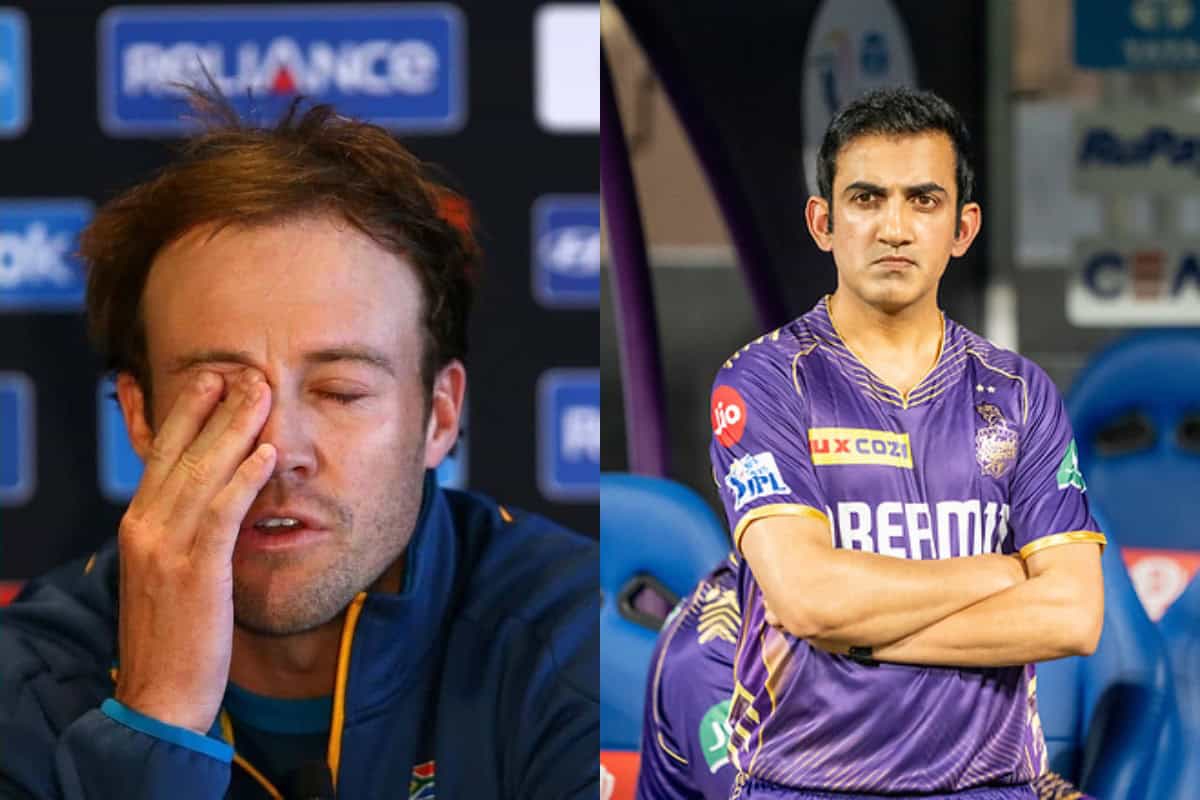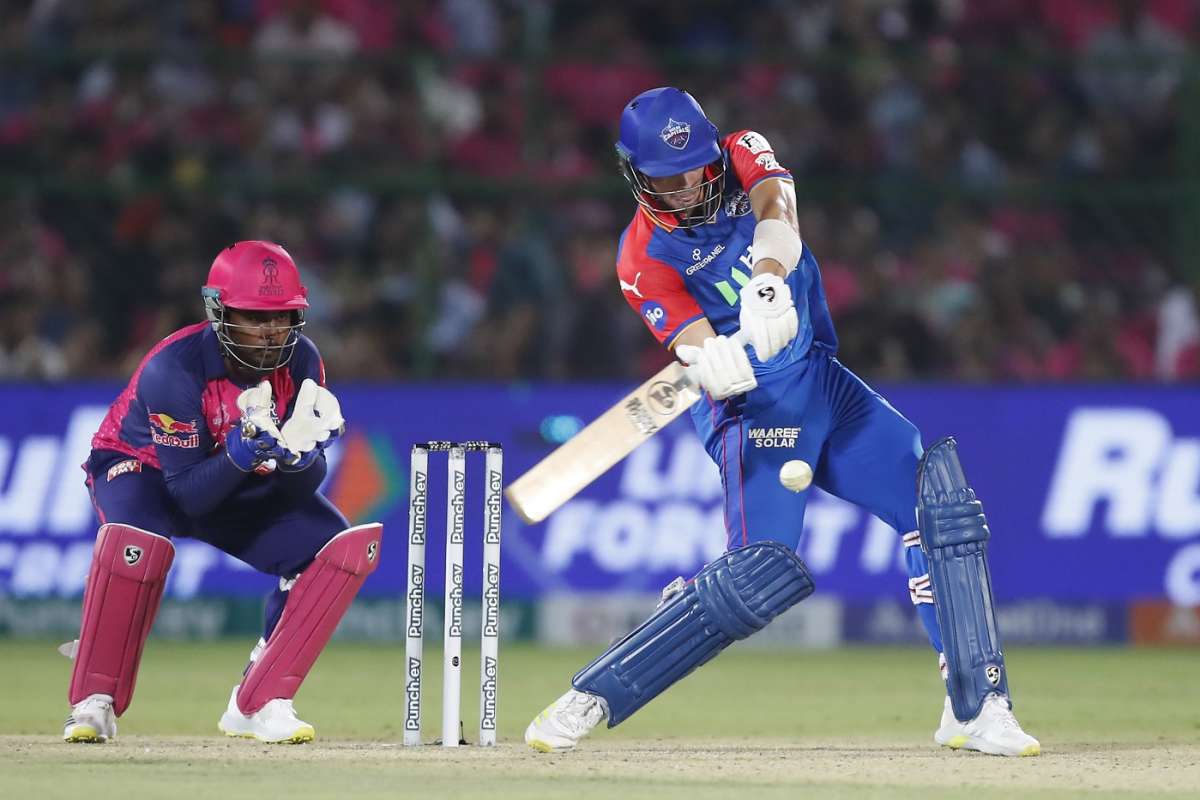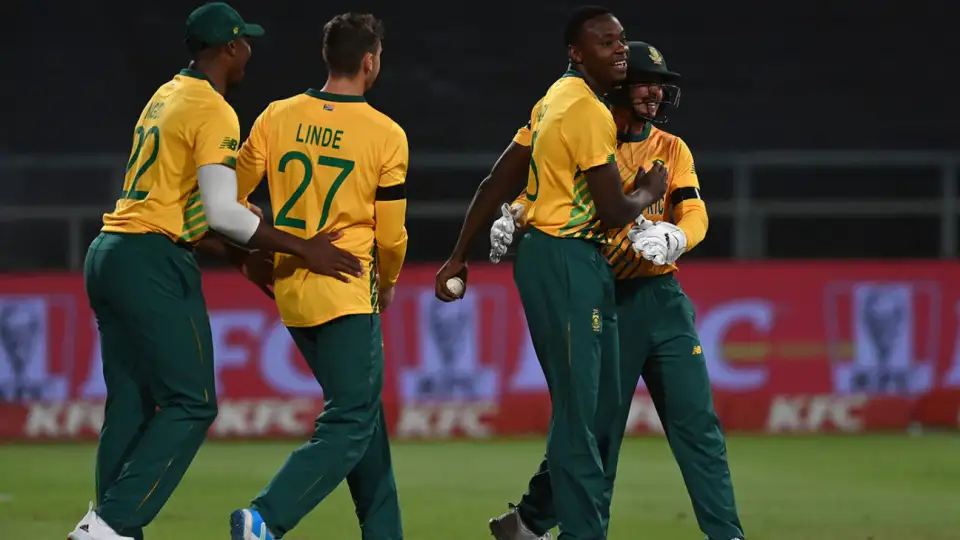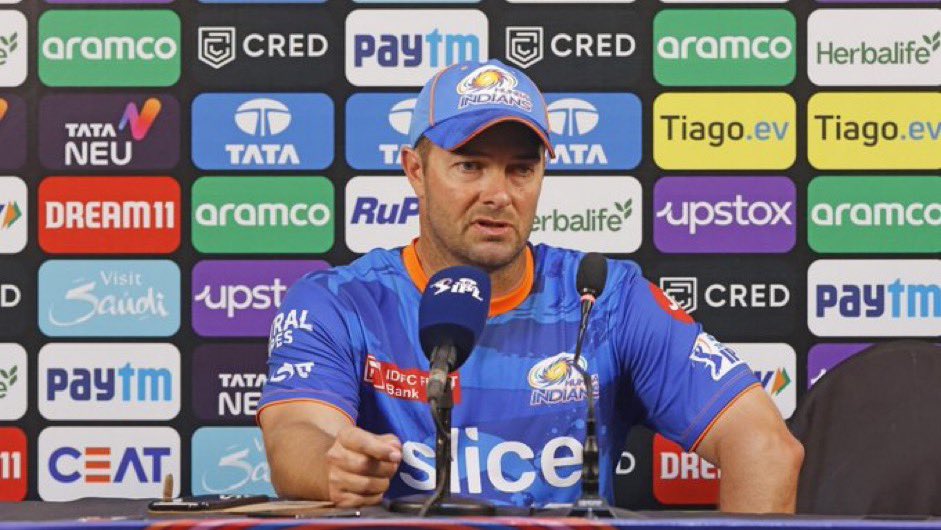Cricket, a sport revered for its rich traditions and historical depth, is currently facing a transformative period, with changes sparking intense debates among its most ardent followers. The introduction of gender-neutral terms and the modification of storied competitions to acknowledge women’s contributions are at the heart of these discussions. These shifts, while seemingly minor, are indicative of broader cultural shifts within the sport and society at large.
Jonathan Agnew, the BBC’s distinguished chief cricket correspondent who is set to retire, has been notably vocal about his displeasure with these changes. In a revealing interview with the Sunday Times, Agnew expressed his frustration with the use of the term “batter” instead of “batsman,” a change adopted by the Marylebone Cricket Club (MCC) in 2021 to foster inclusivity. “I hate ‘batter’,” Agnew declared. “I always call a woman batsman a ‘batter’. But why can’t a man playing a man’s game be a ‘batsman’?” His comments reflect a broader sentiment among traditionalists who view these adjustments as a capitulation to modern sensibilities at the expense of the sport’s essence.
Agnew also criticized the differentiation of the Ashes series into the “men’s Ashes” and “women’s Ashes,” challenging the necessity of renaming events that have historical significance. He likens this to revising other historical events based on gender participation, questioning the practicality and necessity of such changes. “It’s an event. It happened. It’s not the ‘Men’s Battle of Hastings’, is it?” he posed rhetorically, highlighting the perceived absurdity of revising traditional names.
Opposing Agnew’s view is England bowler Kate Cross, who argues from a position of inclusivity, emphasizing the impact of language on young female players. Cross suggests that terms like “batsman” might discourage female participation in cricket, making it seem less welcoming to women. “It is just a word, of course. But it is a word which could potentially put a young girl off the sport because she feels like the door isn’t open for her,” Cross stated in an interview with The Cricketer. Her stance illuminates the significant role that language plays in shaping perceptions and the importance of inclusive language in expanding the sport’s appeal and accessibility.
The term “woke,” as it is often employed in these discussions, connotes an overzealous adoption of political correctness or social justice, which some argue undermines the purity of traditional cricket. However, proponents of the changes argue that these adaptations are necessary for the sport to remain relevant and appealing to a diverse, global audience in the 21st century. They point to the commercial and popular success of formats like T20 cricket, which have attracted new audiences and reinvigorated interest in the game, as evidence that evolution in cricket can be beneficial.
Critics argue that the changes dilute the game’s historical authenticity, potentially alienating long-time fans. They fear that cricket might lose its unique character and identity in an attempt to conform to modern societal demands. This sentiment is echoed in community forums and social media, where debates about the preservation of cricket’s traditions are as vigorous as those about its rules and performance.
On the other hand, supporters of inclusivity in cricket argue that the sport must evolve to survive and thrive. They cite the growing popularity of women’s cricket, demonstrated by increased viewership and investment, as evidence that inclusive practices contribute to the health of the sport. Furthermore, initiatives like the ICC’s development programs aimed at increasing cricket’s global appeal suggest that modernization is not just a trend, but a necessary path forward.
The integration of cricket into the Olympic Games, a topic under consideration, is another area where the sport’s adaptability is being tested. Proponents believe that embracing a more inclusive and diverse cricket community could enhance the sport’s bid for inclusion, presenting it as a modern, dynamic sport ready for the global stage.
As cricket continues to navigate these turbulent waters, the conversation extends beyond mere semantics to encompass broader themes of diversity, inclusion, and the role of sports in reflecting societal values. While traditionalists like Agnew mourn the dilution of what they consider the sport’s core elements, others welcome the changes as a necessary evolution that makes cricket more accessible and enjoyable for everyone.
Ultimately, the challenge for cricket, as with any sport steeped in tradition, lies in balancing the respect for its history with the imperative to adapt and grow with its audience. As Agnew steps back and new voices emerge, the debate will likely continue, reflecting the ongoing negotiation between preserving a rich heritage and embracing a progressive future. This dynamic tension will dictate the path cricket takes as it aims to be a truly global and inclusive sport. The decisions made today will shape the future of cricket, not just as a game, but as a cultural phenomenon that bridges generations and geographies.






Leave a Reply